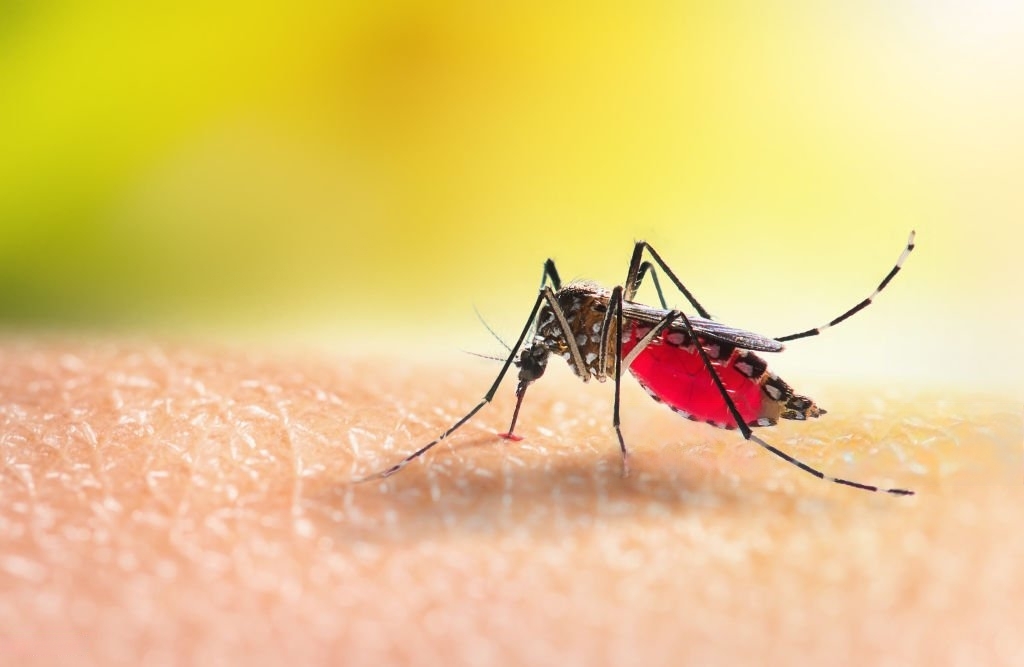Dengue fever, often referred to simply as “Dengue,” is a mosquito-borne viral infection that poses a significant health risk in many parts of the world. With its prevalence in tropical and subtropical regions, Dengue has become a major public health concern, affecting millions of people each year. This blog aims to provide a comprehensive overview of Dengue, covering its causes, symptoms, prevention, and treatment options.
The Dengue Virus :Dengue fever is caused by the Dengue virus, which belongs to the Flaviviridae family. There are four distinct serotypes (DENV-1, DENV-2, DENV-3, and DENV-4) of the Dengue virus, and infection with one serotype does not provide immunity against the others. This characteristic makes Dengue a complex disease with the potential for multiple infections over a person’s lifetime.
Symptoms of Dengue : Dengue presents a wide range of symptoms, which can vary from mild to severe. Common symptoms include high fever, severe headaches, joint and muscle pain, rash, and bleeding manifestations like nosebleeds and gum bleeding. In severe cases, Dengue can progress to Dengue Hemorrhagic Fever (DHF) or Dengue Shock Syndrome (DSS), which are life-threatening conditions characterized by severe bleeding, organ failure, and shock.
Transmission and Vector : Dengue is primarily transmitted to humans through the bite of infected female Aedes mosquitoes, particularly Aedes aegypti( dengu machhar). These mosquitoes are most active during the daytime and are commonly found in urban areas. Understanding the mosquito’s breeding sites and habits is crucial for effective Dengue prevention.
Prevention :Preventing Dengue is key to reducing its impact. Strategies for Dengue prevention include:
- a. Mosquito Control: Eliminating breeding sites, using insecticides, and implementing mosquito control measures can reduce mosquito populations.
- b. Personal Protection: Using mosquito nets, repellents, and wearing long-sleeved clothing can help protect individuals from mosquito bites.
- c. Community Engagement: Community awareness campaigns and education about Dengue prevention are essential in high-risk areas.
- d. Vaccination: In some regions, Dengue vaccines are available, although they may not be universally effective against all serotypes.
Treatment and Management : Currently, there is no specific antiviral treatment for Dengue. Management primarily focuses on relieving symptoms, maintaining hydration, and preventing complications. Hospitalization is often required for severe Dengue cases. Close monitoring of vital signs and blood platelet levels is crucial.
Dengue’s Global Impact : Dengue’s impact extends beyond the physical and emotional suffering of affected individuals. It places a significant economic burden on healthcare systems and communities. The cost of medical care, loss of productivity, and expenses related to mosquito control programs contribute to the financial strain.
Conclusion : In conclusion, Dengue fever is a serious and widespread disease with a considerable global impact. While there is no specific cure, prevention through mosquito control and public awareness campaigns is critical. By understanding the causes, symptoms, and prevention measures associated with Dengue, individuals and communities can work together to reduce its prevalence and minimize its devastating effects on public health.
This blog provides an overview of Dengue, but it’s essential to consult healthcare professionals and stay updated with local health guidelines for the most accurate and up-to-date information on Dengue prevention and treatment in your area.

